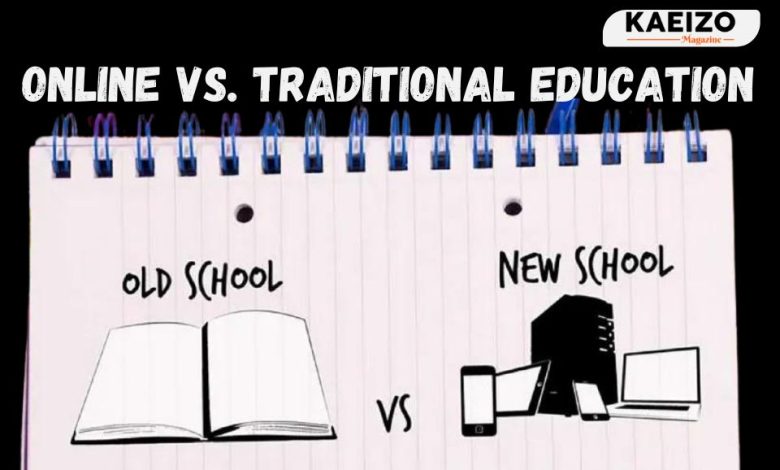
Each mode of education has its unique advantages and challenges, which are crucial for students, educators, and policymakers to consider.
Advantages of Online Education
- Flexibility: Online education offers unparalleled flexibility, allowing students to learn at their own pace and on their own schedule. This is particularly beneficial for working professionals, parents, and those with other commitments.
- Accessibility: Students can access courses from anywhere in the world, eliminating geographical barriers. This accessibility can be especially important for those living in remote areas or in countries with limited educational resources.
- Cost-Effectiveness: Online education can be more affordable than traditional education. It often eliminates the need for commuting, housing, and physical textbooks, reducing overall expenses for students.
- Variety of Programs: Online platforms often offer a wide range of courses and programs that may not be available locally. This allows students to pursue specialized fields of study that align with their interests and career goals.
- Technology Integration: Online education leverages modern technology, providing interactive learning experiences through videos, quizzes, and forums. It encourages the development of digital literacy skills essential in today’s workforce.
Challenges of Online Education
- Lack of Face-to-Face Interaction: The absence of in-person interaction can lead to feelings of isolation and may hinder the development of social skills. It also makes it challenging for students to network with peers and instructors.
- Self-Discipline and Motivation: Online learning requires a high level of self-discipline and motivation. Without the structure of a traditional classroom, some students may struggle to stay focused and complete assignments on time.
- Technical Issues: Access to reliable internet and technology can be a barrier for some students. Technical difficulties can disrupt the learning process and impact the overall educational experience.
- Limited Hands-On Experience: Certain subjects, particularly those requiring laboratory work or hands-on practice, may be difficult to teach effectively online. This can limit the practical skills students acquire.
Advantages of Traditional Education
- Structured Environment: Traditional education provides a structured learning environment with scheduled classes and regular interactions with teachers and peers. This can be beneficial for students who thrive in a routine.
- Social Interaction: Face-to-face interactions foster a sense of community and help build relationships. Social skills, teamwork, and networking opportunities are integral parts of the traditional educational experience.
- Immediate Feedback: In a traditional classroom, students can receive immediate feedback from instructors during discussions and activities. This real-time interaction can enhance understanding and retention of material.
- Access to Resources: Traditional institutions often provide access to physical resources such as libraries, laboratories, and extracurricular activities. These resources can enrich the educational experience and support diverse learning needs.
Challenges of Traditional Education
- Inflexibility: Traditional education often requires students to adhere to a fixed schedule and location, which can be challenging for those with other commitments or who live far from educational institutions.
- Higher Costs: The cost of tuition, transportation, housing, and other fees associated with traditional education can be significantly higher than online education. This can be a financial burden for many students and their families.
- Limited Course Availability: Students in traditional settings may be limited by the courses and programs available at their institution. This can restrict their ability to pursue specific interests or career paths.
- Class Size and Attention: In larger classes, students may receive less individual attention from instructors, potentially impacting their learning experience and academic performance.
Conclusion
Both online and traditional education have their unique strengths and challenges. The choice between the two depends on individual learning preferences, life circumstances, and career goals. A hybrid approach, combining elements of both online and traditional education, is also becoming increasingly popular, offering a balanced solution that leverages the benefits of both modes of learning.




